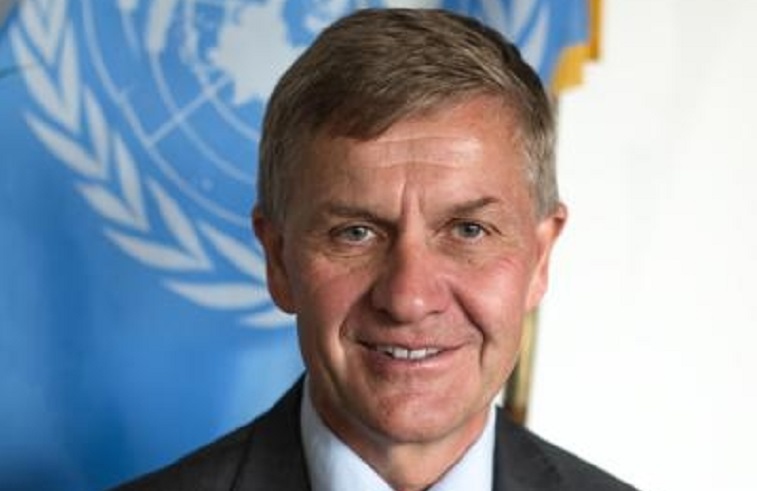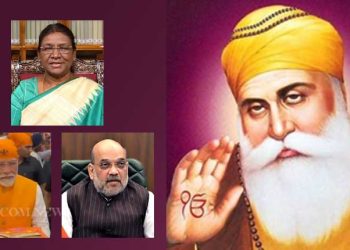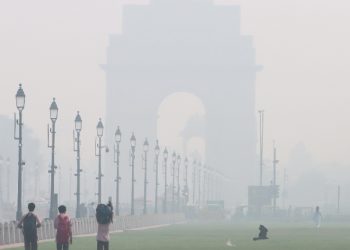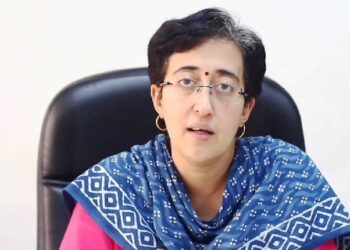New Delhi: Believing it’s a major achievement by India in its crusade against single-use plastic pollution, former UN Environment chief Erik Solheim on Friday said four years ago he worked with Prime Minister Narendra Modi on its ban.
“A huge moment for India’s environment,” tweeted Solheim, adding: “Four years ago, I worked with Prime Minister Modi on a ban on single-use plastics. Now the government has delivered. Bravo!”
Posting a video of the World Economic Forum, it says India uses 14 million tonnes of plastic annually and plastic pollution is a growing problem in the country.
Solheim, the former Norwegian diplomat, politician and environment minister, played a crucial role in 2018 as the United Nations Environment Programme Executive Director in convincing India to phase out single-use plastics by 2022, a major achievement in his crusade against plastic pollution.
Solheim is optimistic that India can act as a catalyst for curbing greenhouse gas emissions too.
“India is right to point to the fact that developed nations have produced nearly all historic climate emissions and still pollute a lot more per capita than India. But there is no reason for India to follow the old paradigm that first you pollute horrendously and only when you get rich you start cleaning up,” Solheim told IANS in a recent interview.
“The 21st century is about the win-win policies. India can urgently go green and create millions of jobs bringing people out of poverty at the same time,” he had said.
The government banned the use of single-use plastic from July 1.
Following historic resolution at the resumed fifth session of the UN Environment Assembly (UNEA-5.2) in Nairobi in February to end plastic pollution and forge an international legally binding agreement by 2024, the process has begun for an international binding agreement to beat plastics, a menace to the people and the planet.
According to UNEP, plastic production has risen exponentially in the last decades and now amounts to some 400 million tonnes per year — a figure set to double by 2040.
(IANS)



















